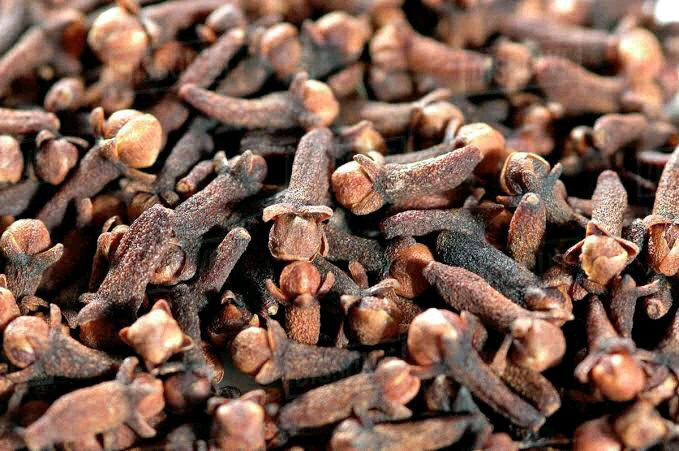Cloves are most commonly known for their sweet and aromatic spice, but they have also been used in traditional medicine. It is available whole or ground. To add depth and flavor to a wide variety of foods, people frequently include ground cloves in spice mixes and whole cloves in recipes. These small dark brown pods are used to season meats, enhance sauces such as Worcestershire sauce, and even flavor spiced baked goods. They also have some significant health benefits. According to WebMD, this article examines the categories of people who should reduce or avoid consuming clove.
1. People on blood-thinning medication.
Warfarin and eugenol occasionally have interactions with one another in medicine. Avoid taking clove oil or tea if you are taking a blood thinner. However, using cloves as a spice in small amounts is generally safe. Additionally, cloves may make bleeding more likely or alter how the body reacts to warfarin. Any use of herbal products should be discussed with a medical expert so they can review any possible side effects and interactions.
2. Individuals with high blood sugar levels (Diabetes).
Cloves may also affect blood sugar levels. In diabetics, eugenol can reduce blood glucose levels to safe levels. Cloves, on the other hand, can cause hypoglycemia, or low blood sugar levels, if consumed in large quantities. This is because cloves and nigericin can increase the uptake of sugar from the blood into cells, thereby increasing insulin secretion. Insulin is a hormone that transports sugar from the blood into the cells. Insulin dysfunction can have an impact on blood sugar levels.

 Health6 days ago
Health6 days ago
 Entertainment1 week ago
Entertainment1 week ago
 Education1 week ago
Education1 week ago
 Crime6 days ago
Crime6 days ago
 Health1 week ago
Health1 week ago
 Comments and Issues7 days ago
Comments and Issues7 days ago
 Latest7 days ago
Latest7 days ago
 Football1 week ago
Football1 week ago

